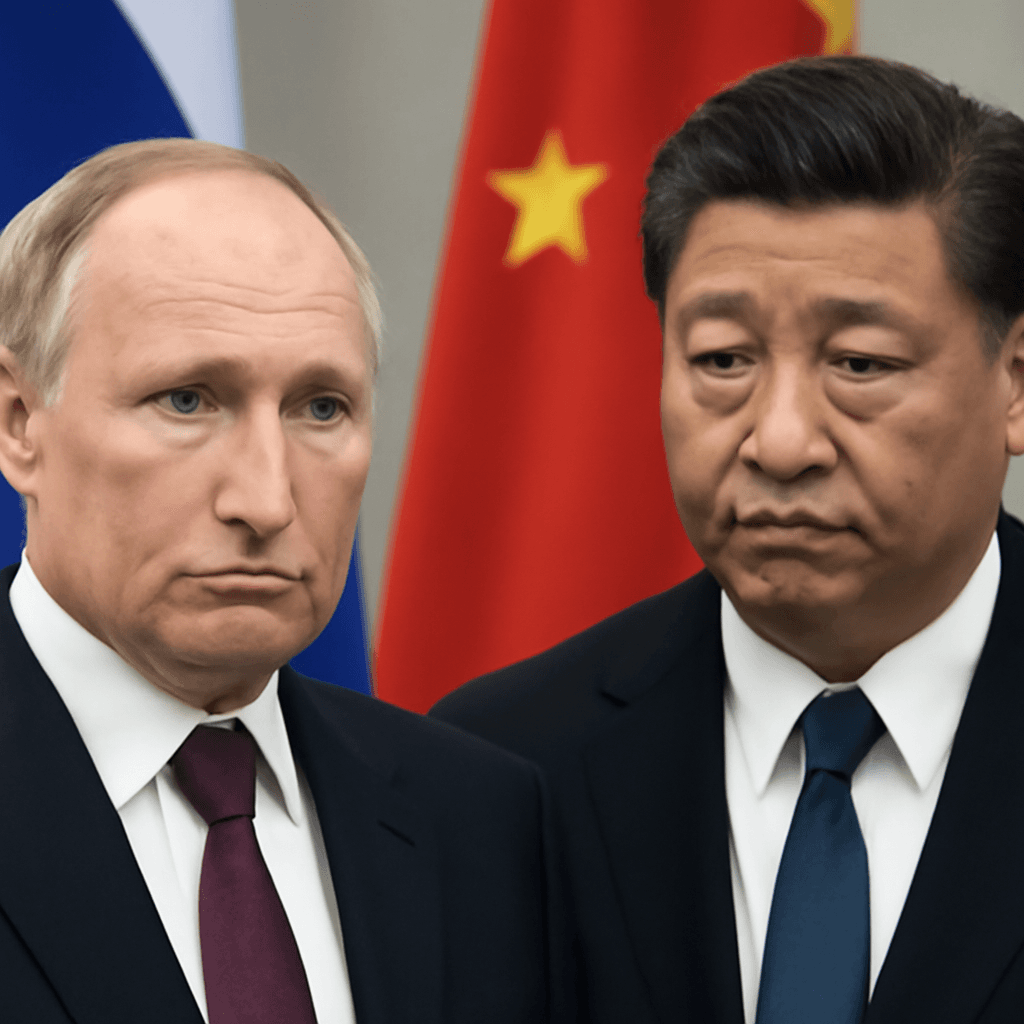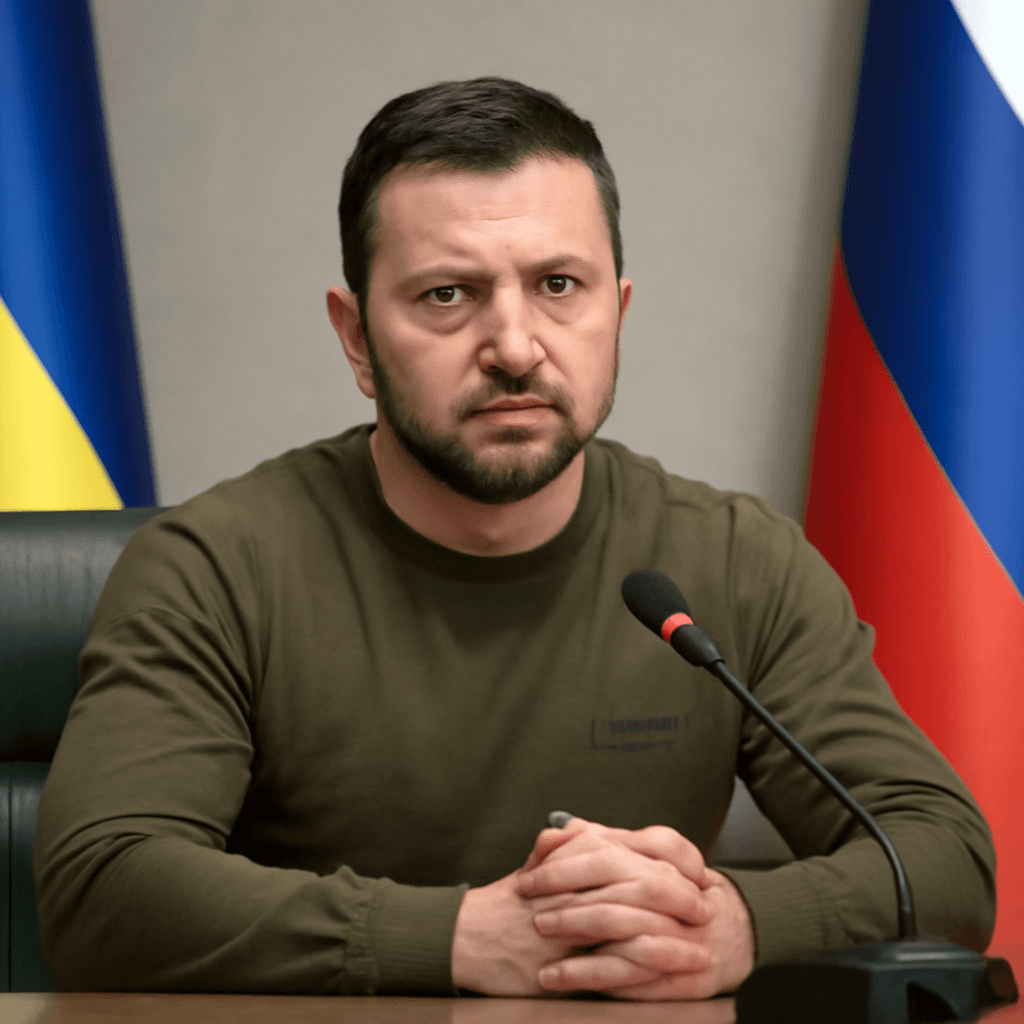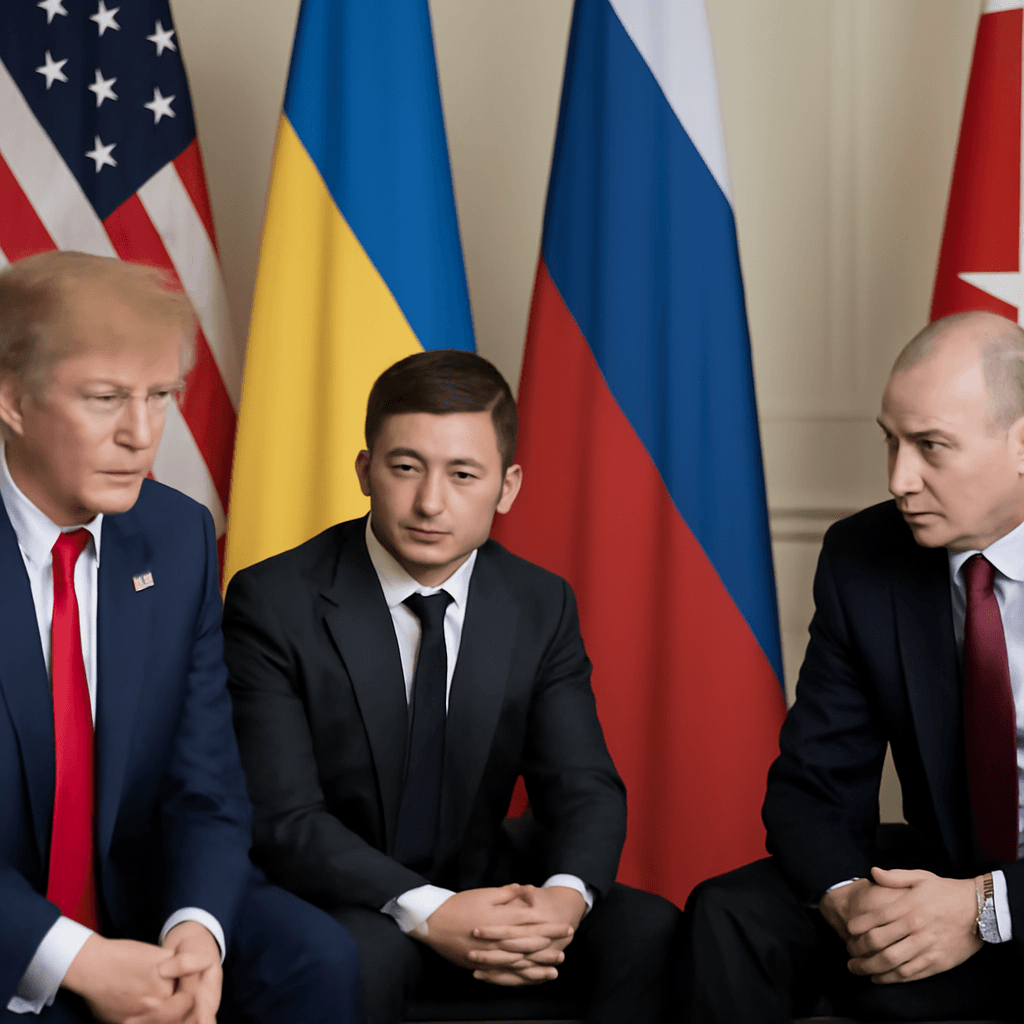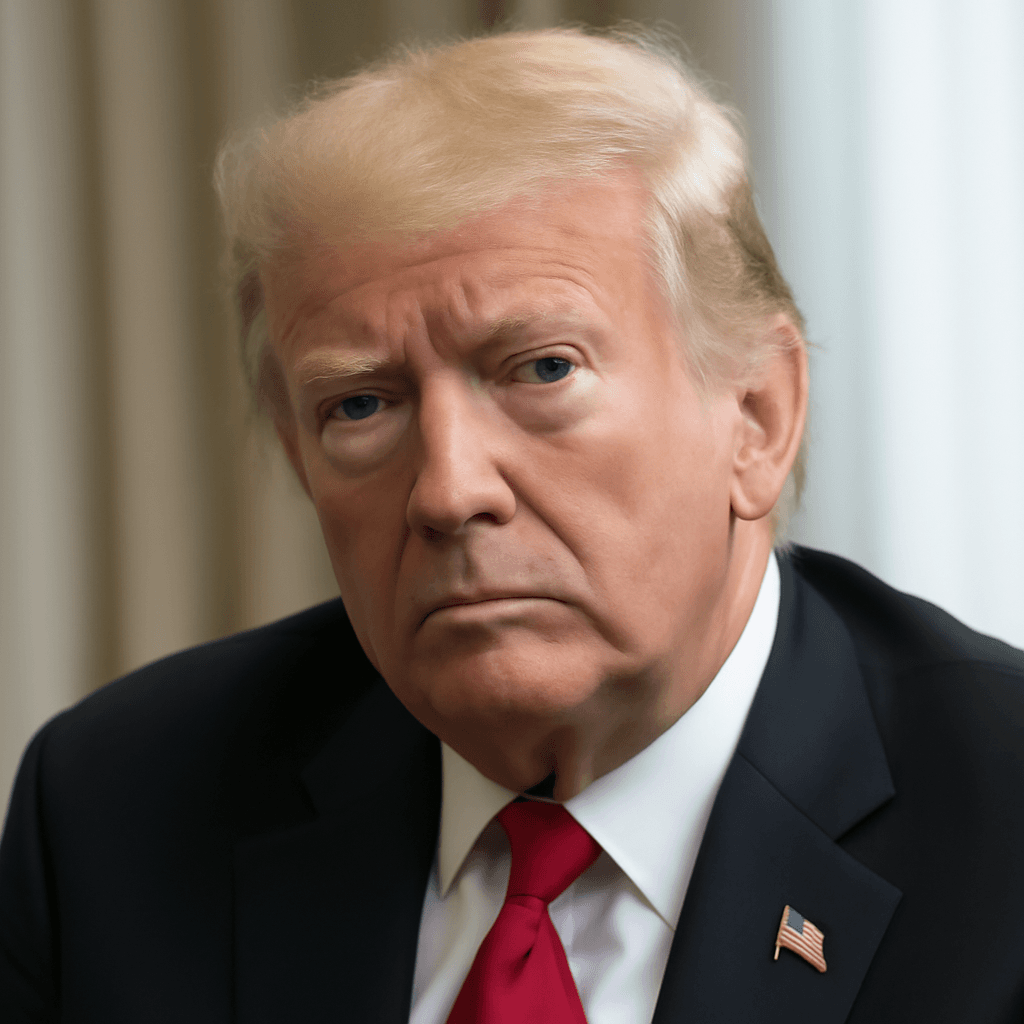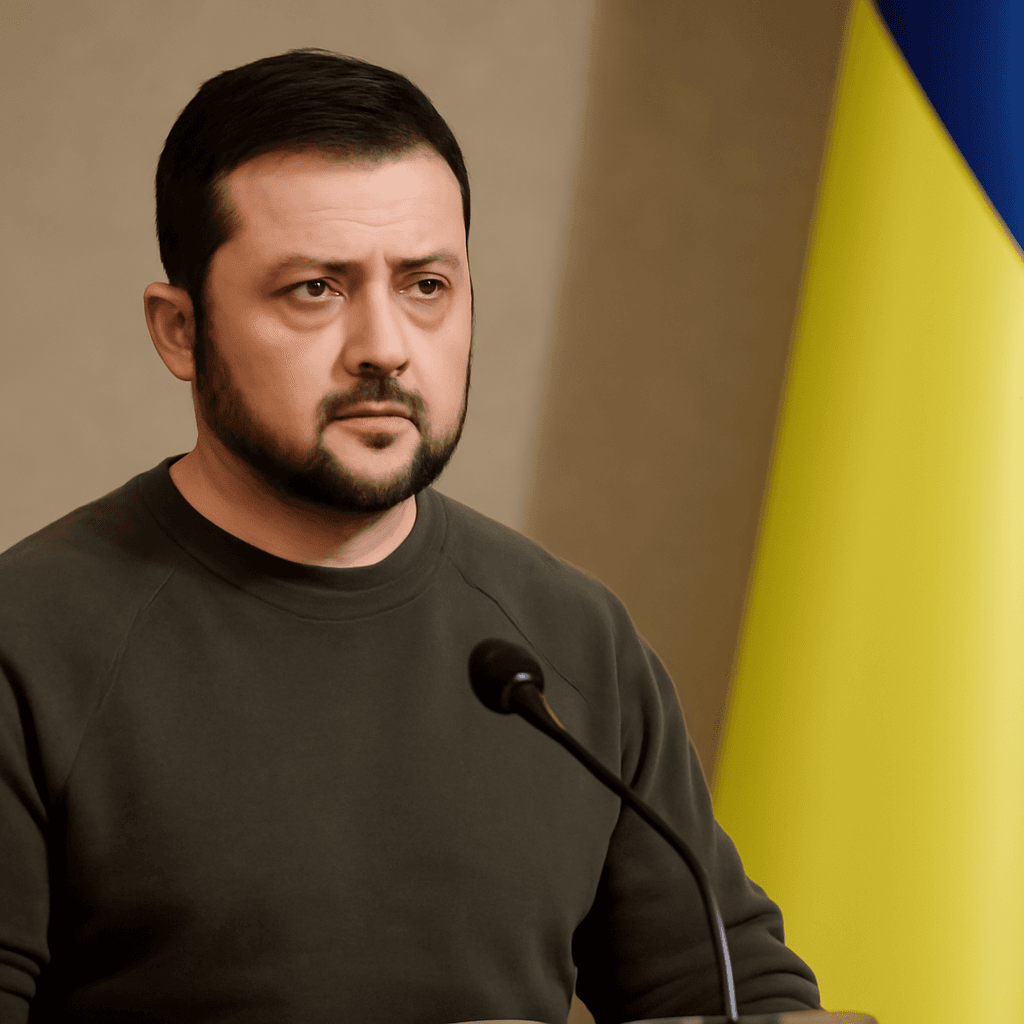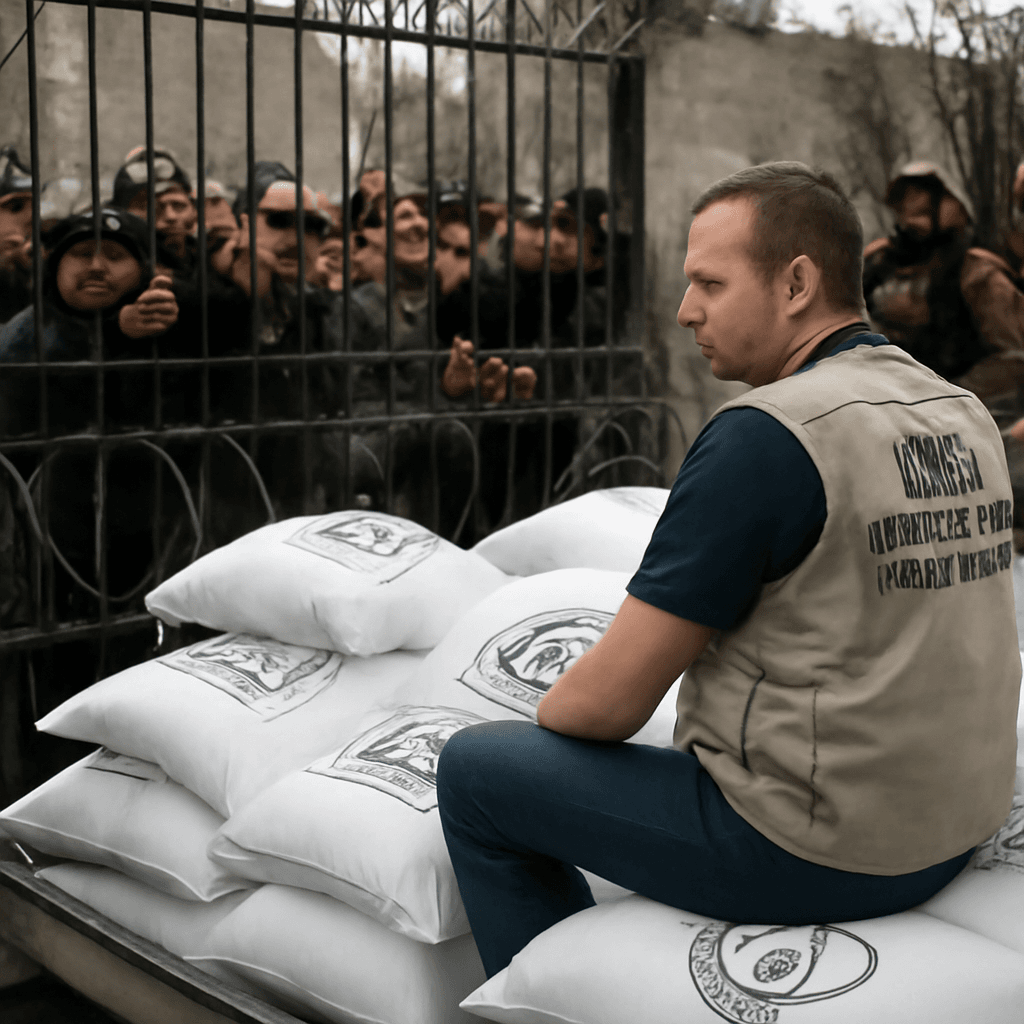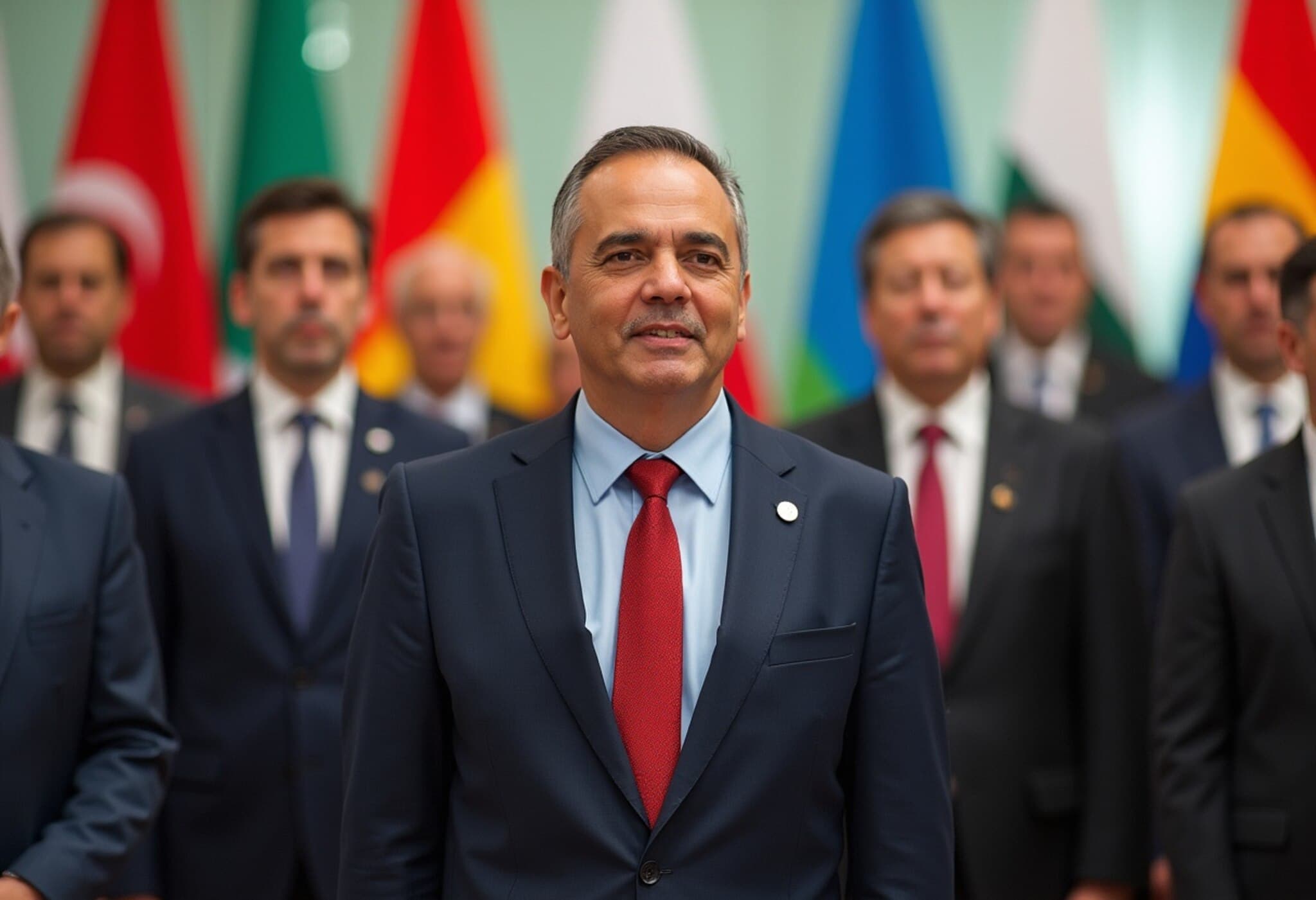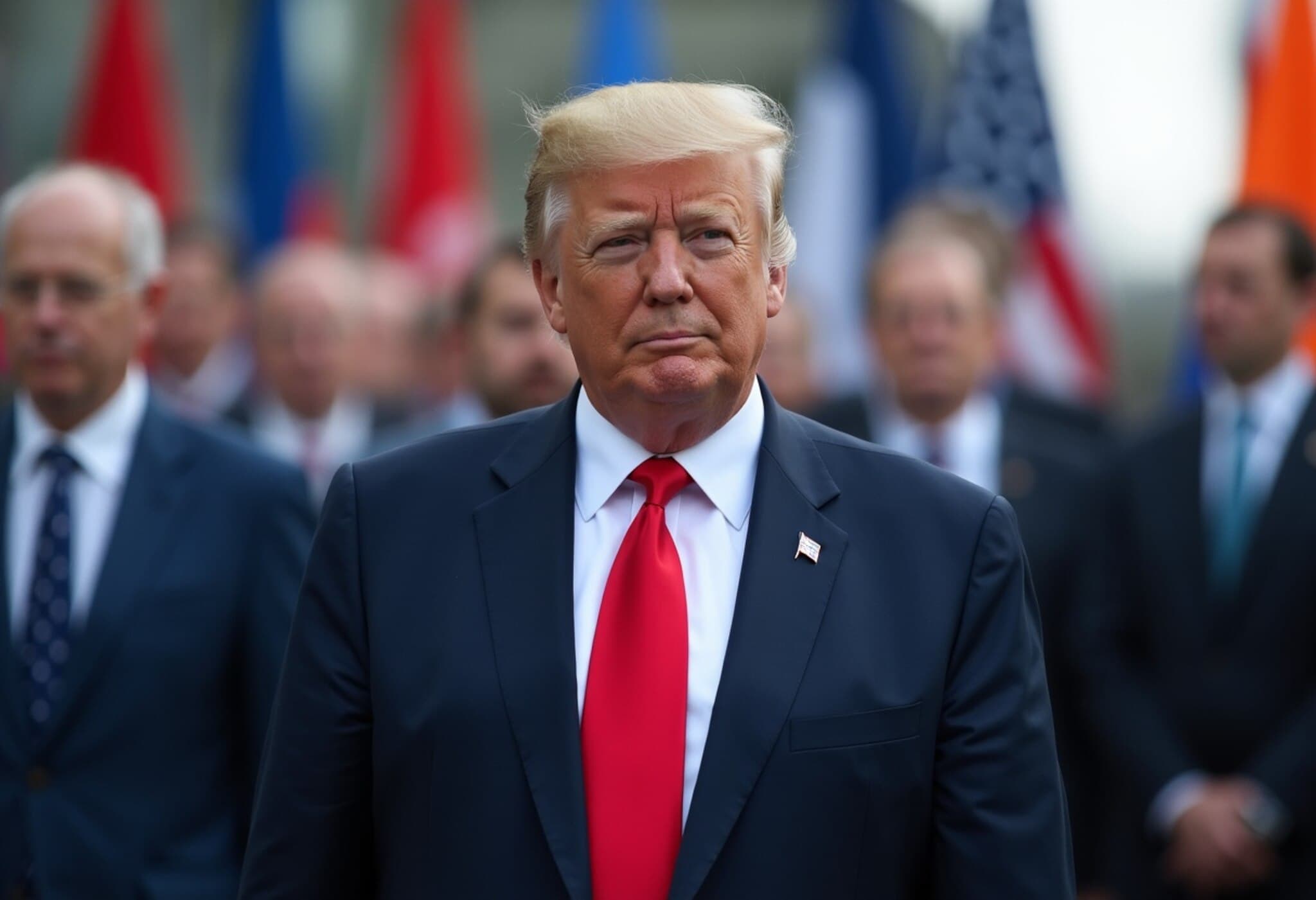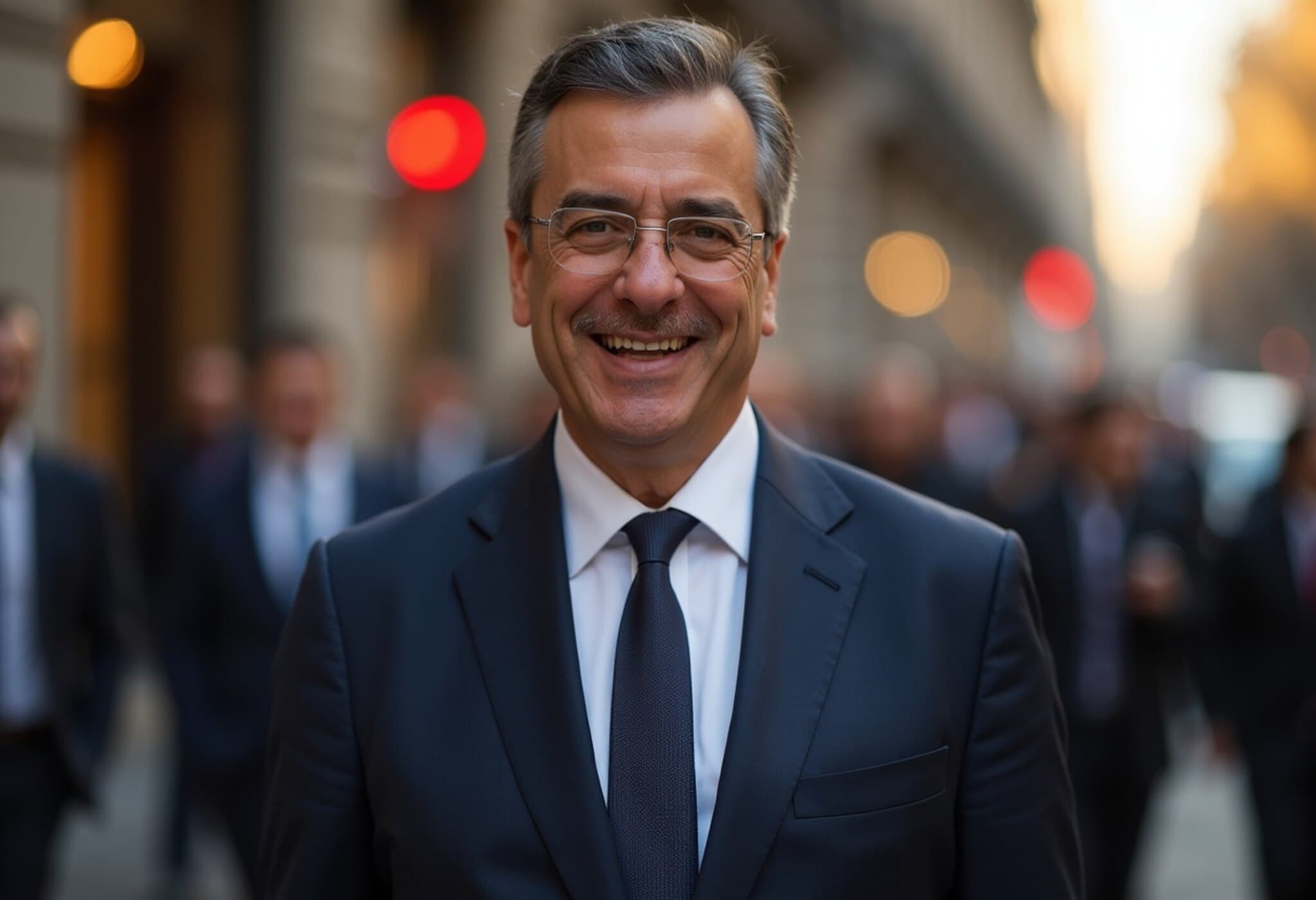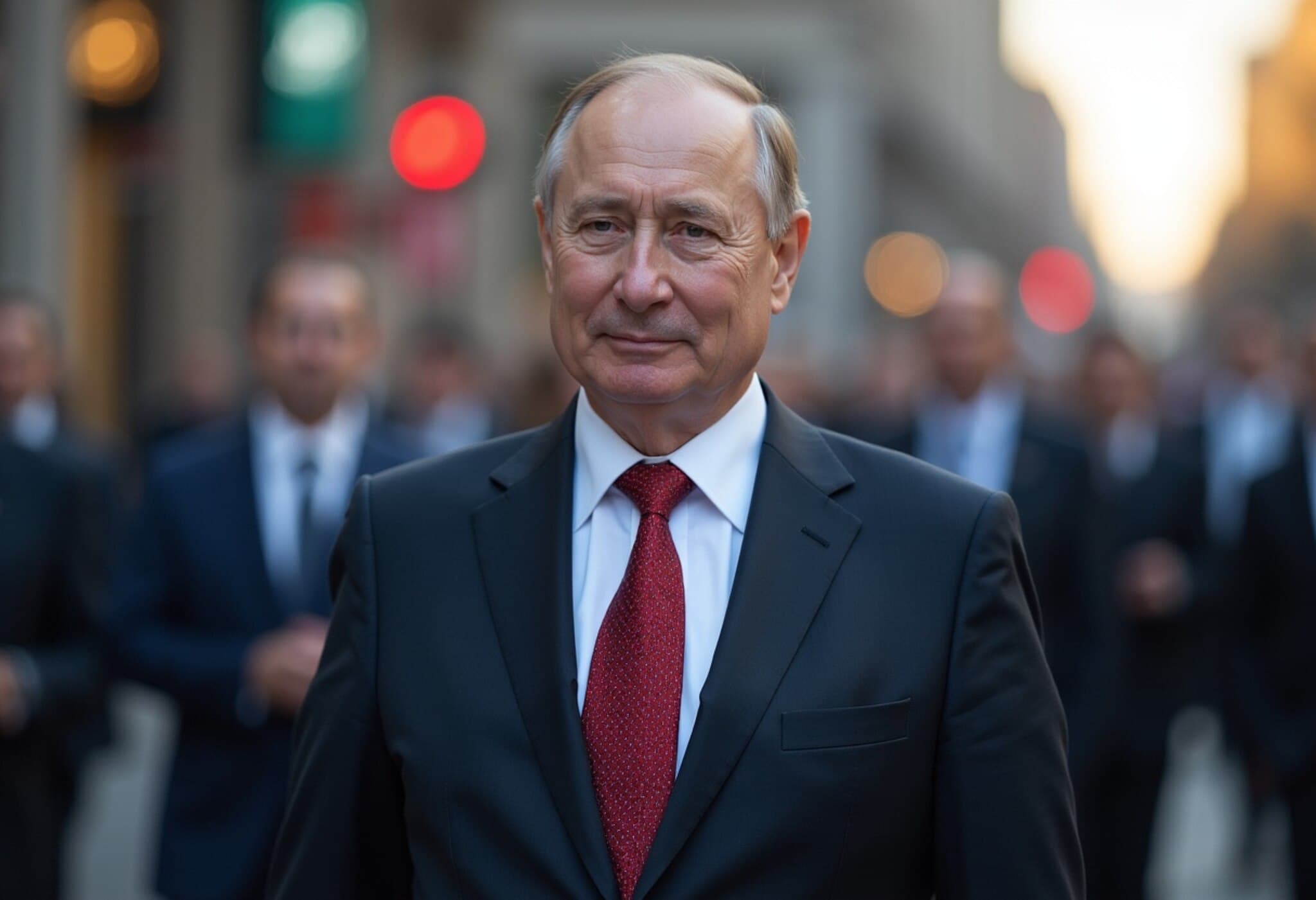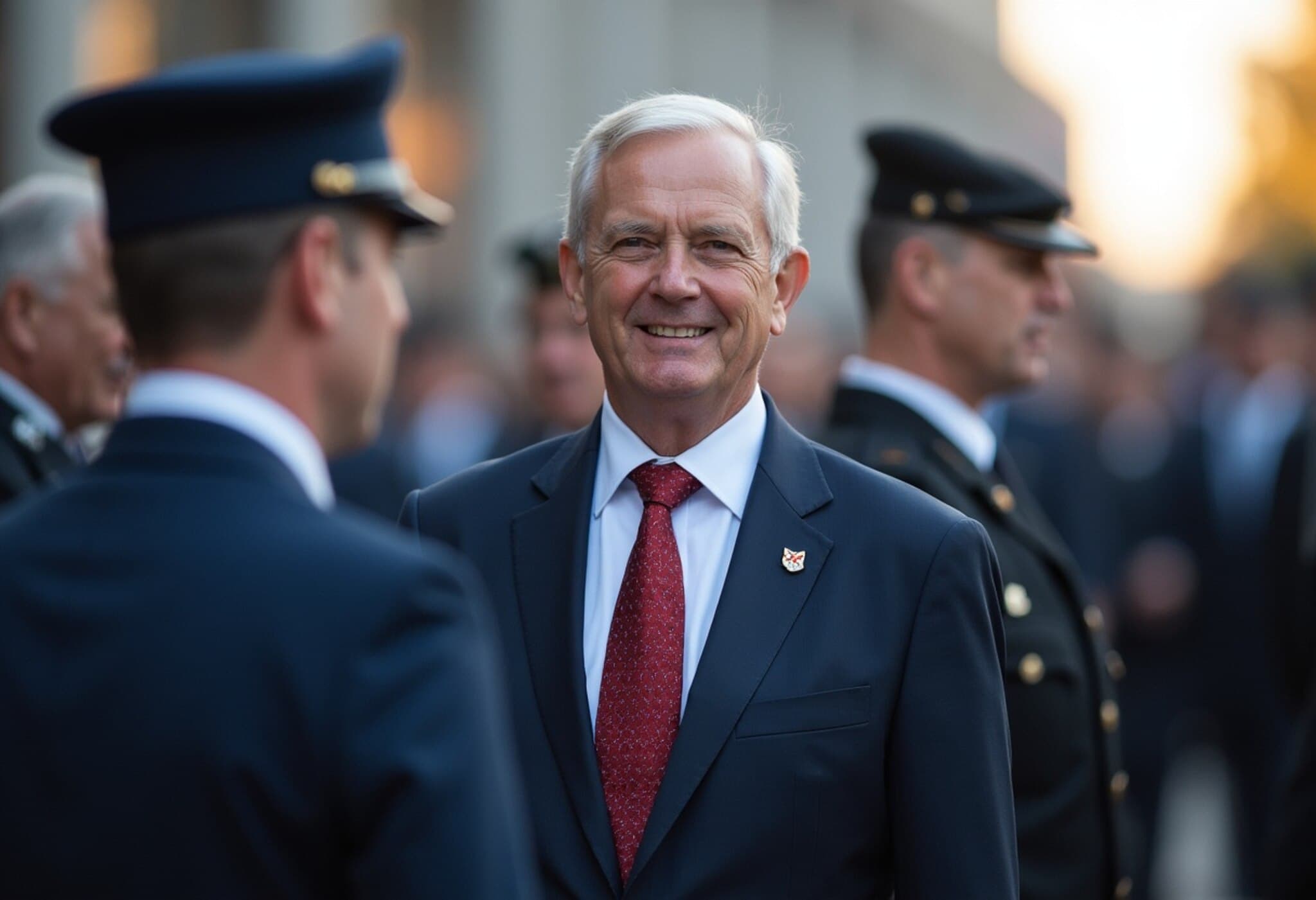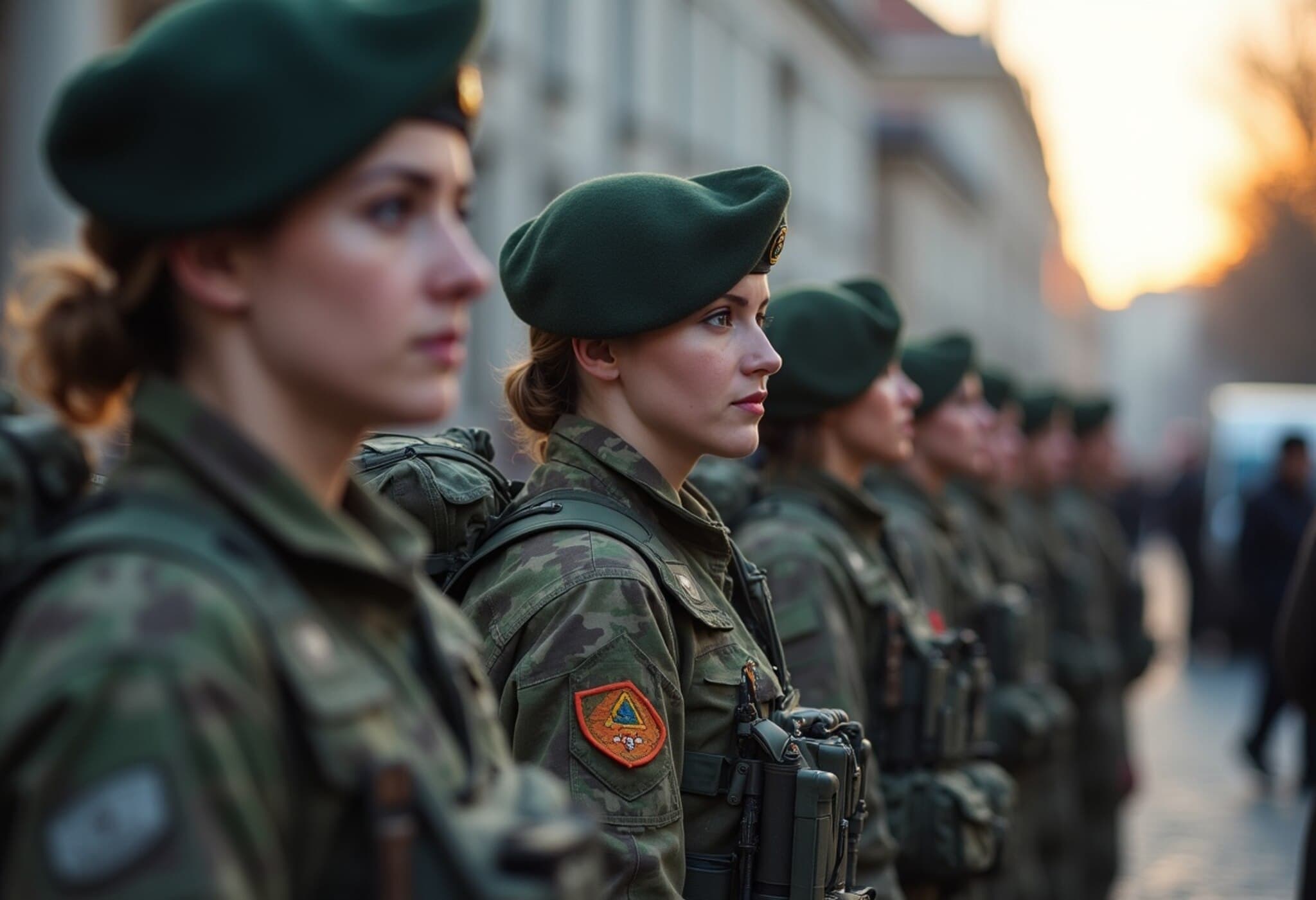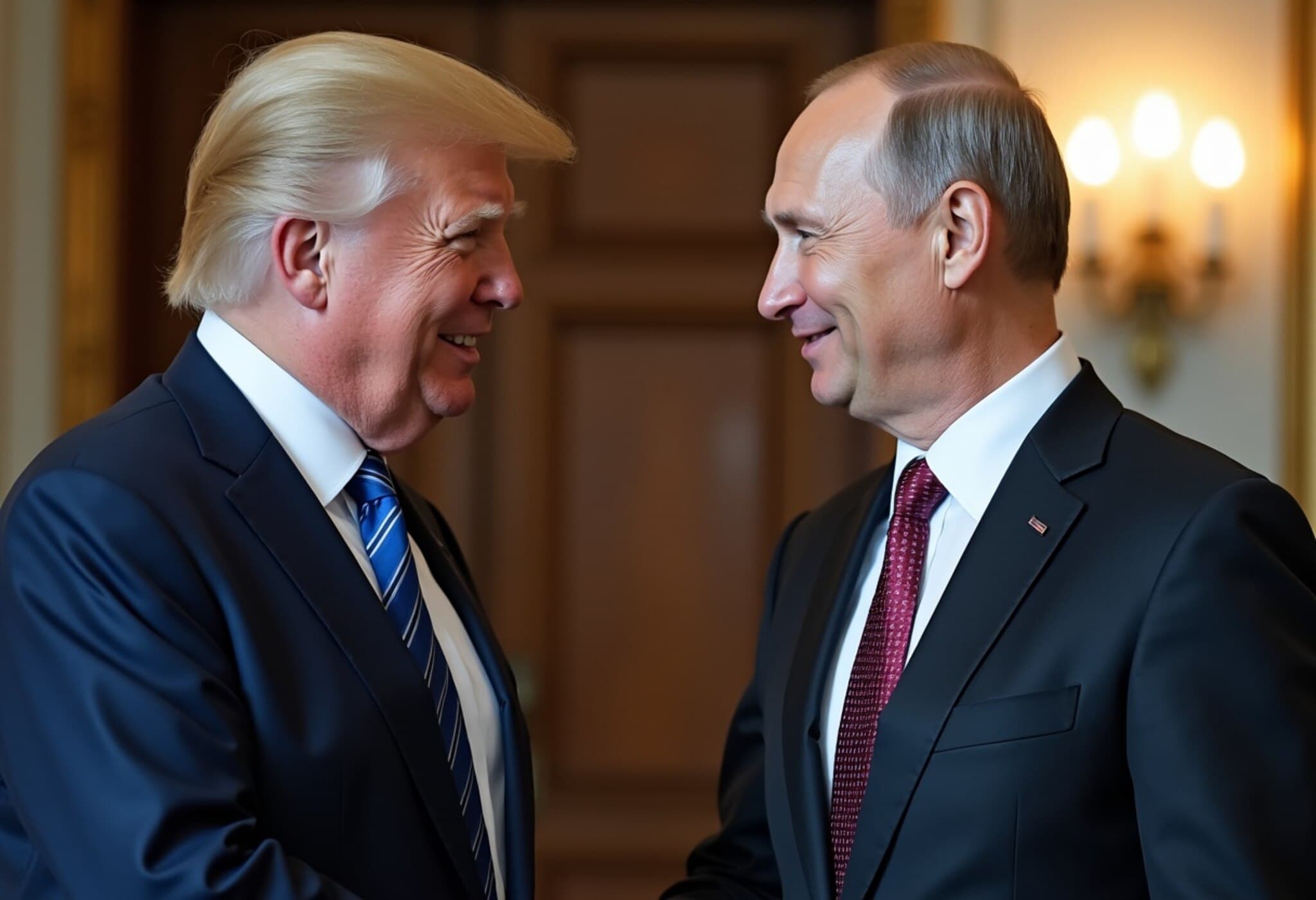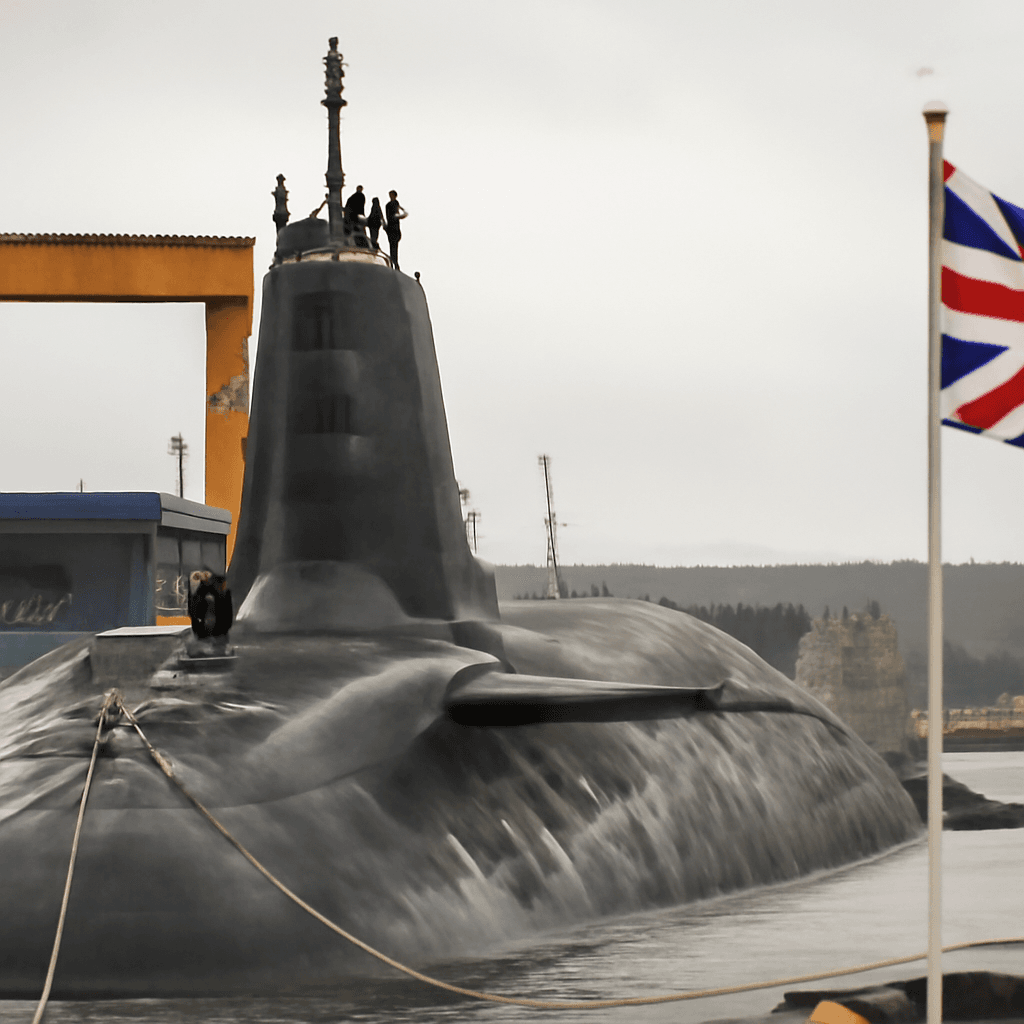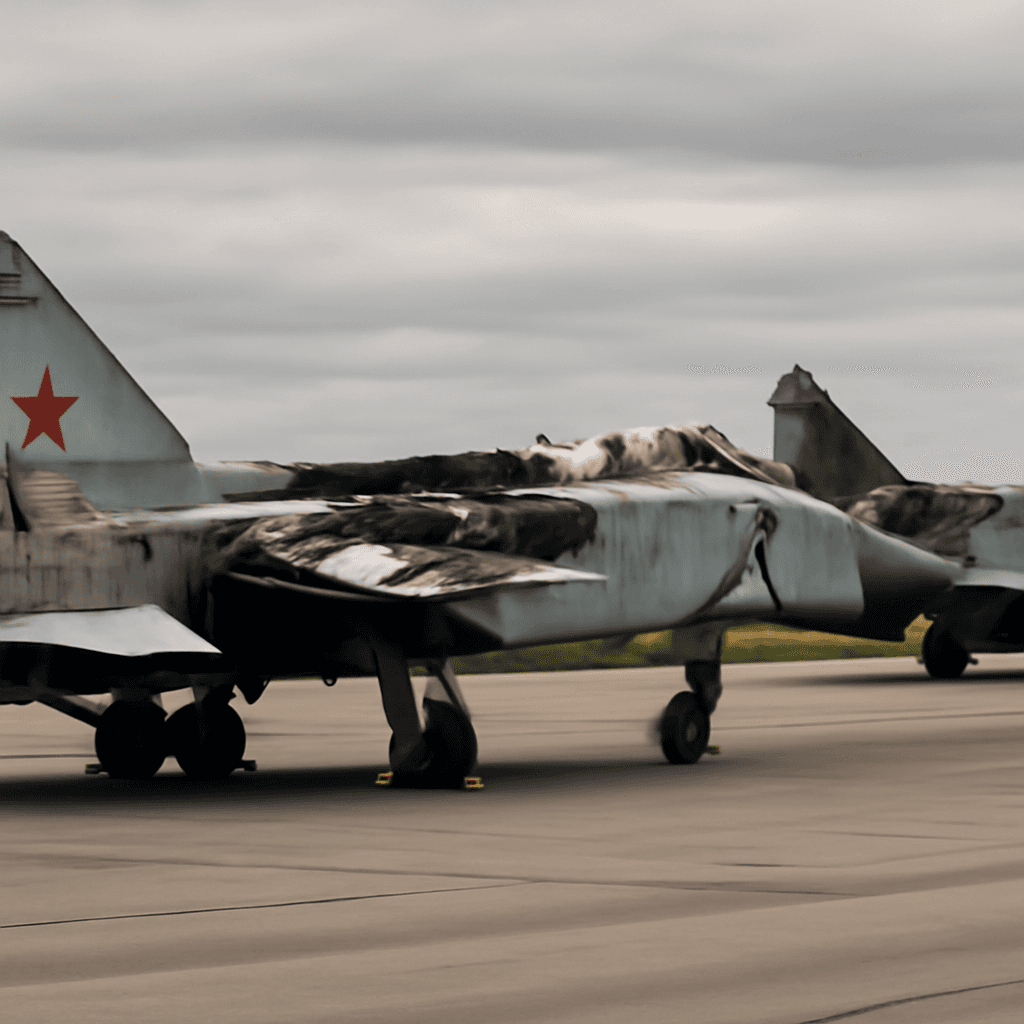NATO Summit 2025: US Advocates for Higher Defence Budgets
As the NATO summit approaches in June 2025, the United States is urging allied nations to substantially increase their defence spending to enhance collective security.
US Demands Versus NATO’s Proposed Compromise
US Defence Secretary Pete Hegseth emphasized that every NATO member should contribute significantly, aligning with former President Donald Trump's demand that members raise their defence budgets to 5% of their Gross Domestic Product (GDP).
However, NATO Secretary-General Mark Rutte has put forward a more moderate proposal, suggesting a target of 3.5% of GDP dedicated to core military spending by 2032, with an additional 1.5% allocated to broader security needs such as infrastructure and support systems.
Member States’ Responses and Challenges
While the proposed plan is expected to be approved at the summit in The Hague on June 24-25, some member states express reservations. Spain, for instance, is only now meeting the existing 2% target, indicating challenges in scaling up expenditures swiftly.
Diplomatic sources reveal ongoing negotiations for extended budgets and timelines, indicating flexibility to accommodate economic constraints within Europe.
Hegseth’s Call for Collective Responsibility
Addressing NATO allies in Brussels, Hegseth underscored the need for shared commitment: "Every country has to contribute at that level of five percent." He stressed the role of a robust collective defence strategy supported by adequate funding to maintain deterrence and peace.
New Capability Targets and Military Recruitment
In parallel, NATO ministers are set to finalize enhanced capability targets to strengthen deterrence, especially in light of tensions with Russia. For example, Germany is expected to significantly expand its military personnel by recruiting 50,000 to 60,000 additional soldiers.
The financial implications are substantial; the Netherlands estimates the cost of meeting the minimum 3.5% GDP defence spending target will require considerable budget adjustments.
Underlying Geopolitical Factors
Increased European defence ambitions partly stem from concerns over the United States' long-term engagement in European security. Recent statements by US officials hint at possible military redeployment priorities favoring the Indo-Pacific region over Europe.
The summit also faces tension regarding support for Ukraine amid Russia's ongoing invasion. Notably, the US has scaled down aid to Kyiv, and discussions continue about inviting Ukrainian President Volodymyr Zelenskyy to the summit, which NATO has not yet confirmed.
Looking Ahead
- The NATO summit will convene on June 24-25, 2025 in The Hague.
- Key agenda items include defence spending commitments and capability enhancements to counter emerging threats.
- Member states are balancing collective security needs with national budget constraints.
The outcome of the summit will significantly shape NATO’s strategic posture amid evolving global security challenges.


